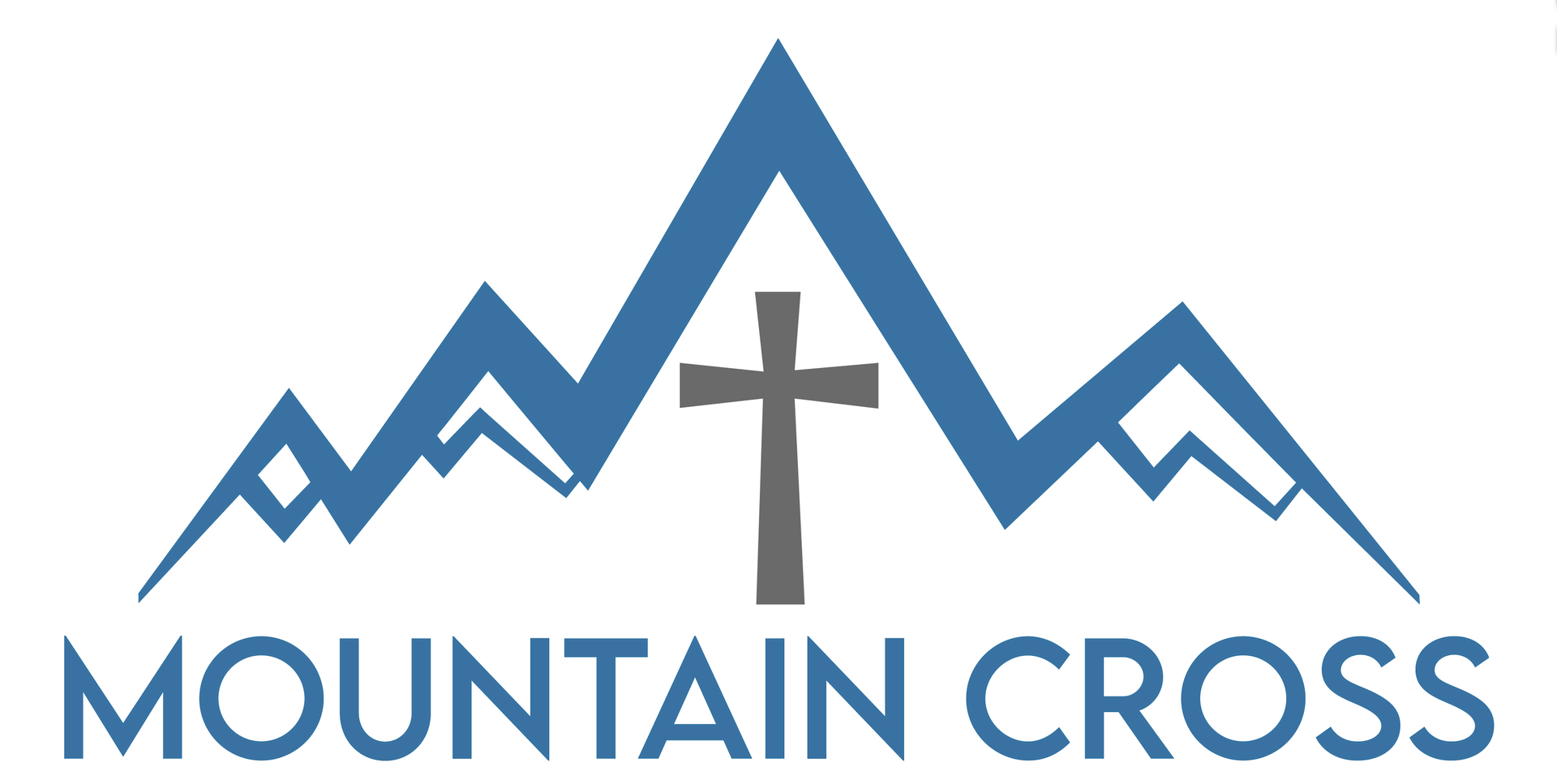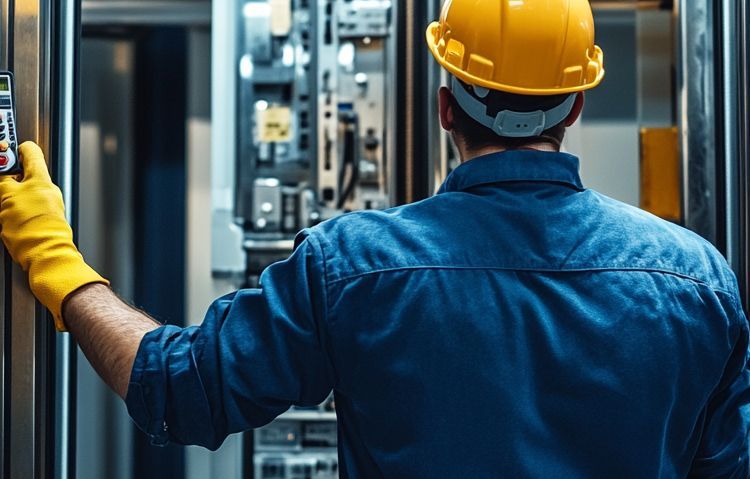Services
Forensic Investigation of Elevator Systems
Forensic Investigation of Elevator Systems: Expert Analysis for Accidents and Mechanical Failures
Elevator systems are impressive machines that move thousands of people every day. They do this with accuracy and reliability. However, when elevators fail, the results can be very serious. Forensic investigation of elevator systems provides a scientific, evidence-based analysis to uncover the
who, what, and why behind elevator malfunctions or accidents.
Our team of
elevator consulting specialists specializes in diagnosing elevator failures through advanced diagnostics, mechanical inspection and root cause evaluation. From industrial freight lifts to commercial passenger elevators, we identify the exact sequence of events that led to the issue—and how to prevent it from recurring.
When your elevator experiences an accident, sudden shutdown, or unexplained performance issue, don’t rely on speculation. Get definitive, data-backed answers that protect your facility, your team and your liability.
Industrial Elevator Forensic Consulting Services
Industrial and commercial elevators carry heavy loads every day. A forensic review checks that they meet engineering standards, finds problems, and helps in legal cases if something goes wrong. We carefully examine each part and every piece of data that impacts performance and safety.
What Industrial Elevator Forensic Consulting Involves
A thorough investigation looks at both mechanical and electronic systems.
- Disassembly and inspection of critical components for corrosion or fatigue
- Elevator control data review to identify operational irregularities
- Performance testing and data logging
- Structural integrity inspection and safety compliance verification
- Expert witness documentation for legal cases
Our forensic engineers evaluate hoist systems, safety gears, braking mechanisms and drive components to pinpoint failures. Whether it’s a personnel hoist or industrial freight system, we determine precisely what failed, why and how to prevent it from happening again.

Elevator Accident Investigation Services
When elevator accidents occur, prompt forensic evaluation is essential. We apply rigorous engineering principles to determine the cause, assign accountability and ensure full regulatory compliance.
Our investigation process includes:
- Scene preservation and evidence control
- Historical data and maintenance log review
- Mechanical and electrical root cause analysis
- Expert documentation for insurance or litigation
This careful process ensures the final results are accurate and can stand up in court. This protects your organization from expensive claims and damage to its reputation.
Common Elevator Accident Causes
Frequent issues uncovered during forensic investigations include:
- Overspeed or uncontrolled movement
- Sensor or door interlock failure
- Counterweight imbalance
- Cable breakage or tension loss
- PLC or control logic errors
Each of these failures can stem from design flaws, maintenance lapses or procedural errors. A professional forensic consultant ensures the root cause is identified with clarity and precision.
Elevator System Failure Investigation
When an elevator stops functioning as expected, it’s often a combination of mechanical fatigue, electrical issues or procedural breakdowns. Our elevator system failure investigations utilise scientific testing to identify the precise cause and provide a roadmap for restoration.
Key Phases of Elevator System Failure Analysis
Every investigation includes methodical testing and simulation:
- Mechanical Assessment: Examines gears, bearings and hoisting components for wear.
- Electrical Diagnostics: Reviews control panels, sensors and relays.
- Software Review: Analyzes PLC logic and error history.
- Operational Simulation: Tests performance under real-world and emergency conditions.
This approach helps you find risks before they cause problems in the future.
Benefits of Professional Elevator Failure Investigation
Engaging a forensic specialist offers measurable advantages:
- Prevents recurring breakdowns through verified root cause identification
- Improves operational reliability and code compliance
- Provides solid technical evidence for insurance or legal defense
- Supports maintenance improvements to reduce liability
A qualified forensic engineer doesn’t just point out the problem—they provide actionable solutions and expert recommendations that restore confidence in your system.

Elevator Compliance and Forensic Audit
Ensuring compliance is not just a legal requirement—it’s an operational necessity. Our
elevator compliance audits and forensic reviews validate that your systems align with
ASME A17.1,
ADA and local building codes.

Why Compliance Audits Matter
Ignoring compliance puts your business at risk of:
- Costly regulatory penalties
- Legal exposure in case of accidents
- Insurance coverage denials
- Unexpected downtime or shutdowns
Our detailed compliance audits not only confirm code adherence but also identify areas for improvement—boosting both safety and reliability across all elevator operations.
Still searching for "Elevator Consultant Near Me?"
Look no further! Call us at
(224) 500-0321 to get started
Frequently Asked Questions
Forensic elevator investigations involve systematic evidence collection, component analysis and root cause determination through engineering principles. Data preservation, compliance verification and expert testimony form the foundation of comprehensive accident investigations.
What processes are involved in a forensic investigation of an elevator system?
We begin with immediate scene preservation to prevent evidence contamination or loss. Our team secures the elevator car, machine room and hoistway while documenting the initial conditions through photography and measurements.
Evidence collection follows a structured protocol. We gather maintenance records, inspection logs, and operational data from the building management system. Component disassembly occurs under controlled conditions with detailed documentation of each step.
Root cause analysis combines physical evidence with engineering calculations. We examine wear patterns, fracture surfaces, and electrical components to determine failure sequences. Computer modeling and load analysis help reconstruct the events leading to the incident.
How important is data logging in the determination of elevator malfunctions?
Data logging provides objective evidence of elevator performance before, during, and after incidents. Modern elevator systems record speed, acceleration, door cycles, and safety circuit activations that reveal mechanical and electrical anomalies.
We analyze controller memory dumps to identify fault codes and system responses. These electronic records often capture millisecond-level events that human observation cannot detect. Door timing irregularities, motor current spikes and brake engagement delays become visible through data analysis.
Historical performance data helps establish baseline operations. Comparing normal operation patterns with incident data reveals deviations that indicate developing problems or sudden failures.
What constitutes a comprehensive elevator accident investigation service?
A complete investigation encompasses mechanical, electrical, and structural analysis of the entire elevator system. We examine the car, counterweight, hoist cables, drive machinery and safety components for signs of failure or improper operation.
Code compliance verification forms a critical component. We review installation standards, maintenance requirements, and inspection protocols against current A17.1 safety codes and local regulations.
Expert witness services provide litigation support through depositions, trial testimony, and technical consultation. Our reports present findings in clear language suitable for legal proceedings while maintaining scientific accuracy.
In what ways does forensic analysis of elevator systems support legal proceedings?
We provide expert testimony that explains complex mechanical systems to judges and juries. Our analysis establishes timelines, identifies responsible parties, and quantifies damages through engineering principles rather than speculation.
Documentation standards meet court requirements for evidence admissibility. We maintain chain of custody protocols, photograph all procedures, and prepare reports that withstand cross-examination scrutiny.
Case strategy support includes reviewing opposing expert reports and identifying technical weaknesses. We assist legal teams with discovery requests, deposition preparation, and settlement negotiations based on technical findings.
Which components of elevator systems are most critical to analyze during a forensic review?
Hoist cables require microscopic examination for broken wires, corrosion and fatigue patterns. Cable terminations and attachments often reveal maintenance deficiencies or installation errors that contribute to failures.
Door systems account for a significant percentage of elevator accidents. We analyze door operator mechanisms, safety edges, and sensor systems to determine if entrapment or impact incidents resulted from equipment malfunction.
Brake systems undergo comprehensive testing for holding capacity and response time. Worn brake linings, contaminated friction surfaces or hydraulic failures can cause uncontrolled car movement.
Safety circuits protect passengers through multiple redundant systems. We test each safety device including overspeed governors, buffer systems, and emergency stops to verify proper operation.
What strategic benefits do compliance audits offer for elevator system safety?
Regular compliance audits identify potential problems before they cause accidents or injuries. We evaluate maintenance practices, inspection procedures and record-keeping systems against industry standards and regulatory requirements.
Cost reduction occurs through preventive identification of worn components and safety violations. Early detection of problems prevents expensive emergency repairs and reduces liability exposure from accidents.
Risk management improves through systematic evaluation of elevator performance and safety systems. Our audits provide documented evidence of due diligence for insurance purposes and regulatory compliance.
Contact Us Today
Restore safety, performance and peace of mind in your elevator systems. Our forensic investigation specialists deliver comprehensive, unbiased findings designed to protect your assets and reputation.
Contact us today to book an in-depth review of your elevator’s performance or to have a compliance audit done. Let’s find out what’s really happening with your elevator before it surprises you again.



